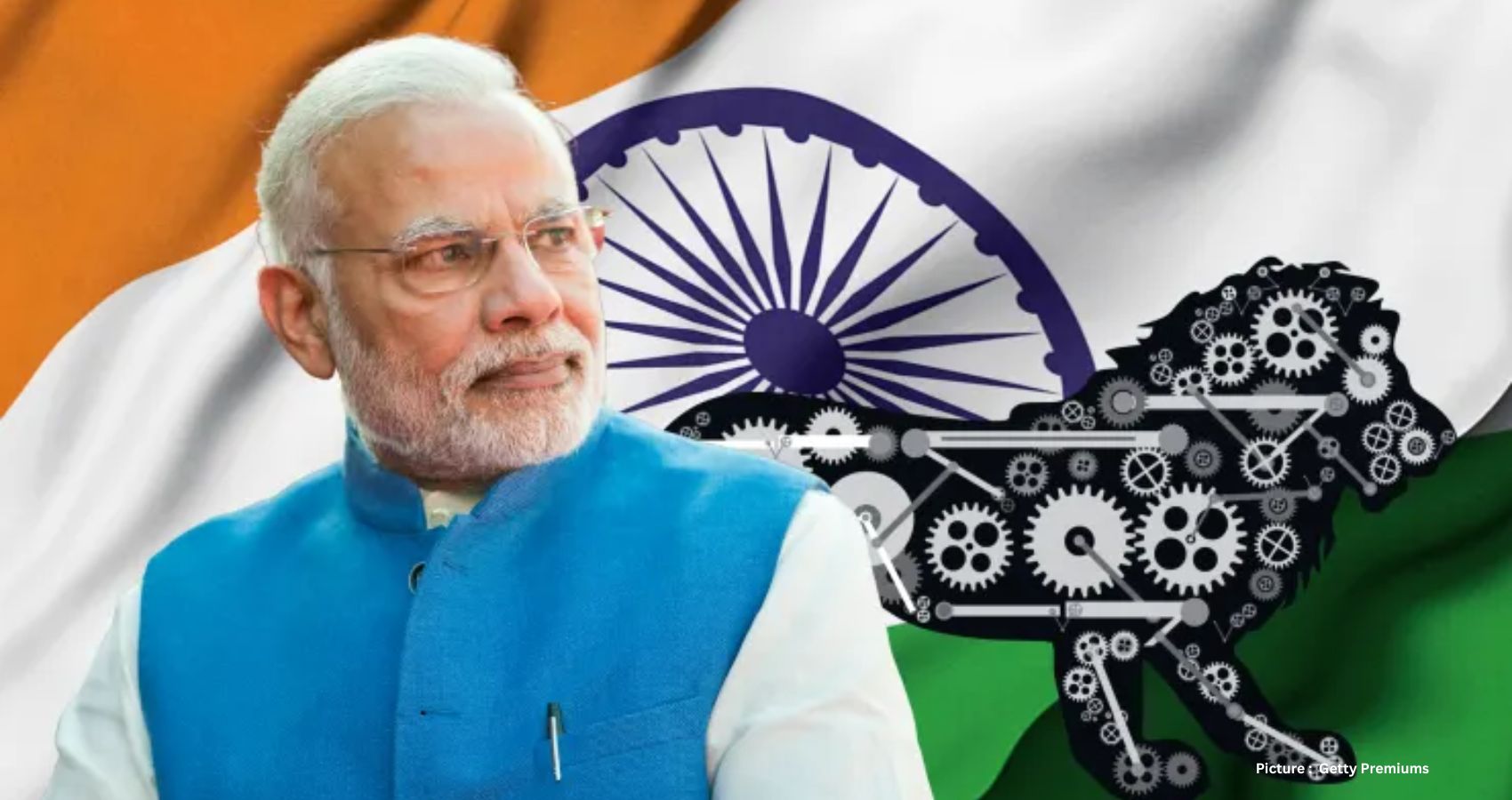Along the Davos Promenade, participants of the World Economic Forum encounter the WeLead Lounge, a repurposed storefront highlighting India’s female leadership and talent, and the India Engagement Center, showcasing the country’s growth story, digital infrastructure, and burgeoning startup ecosystem.
In another part of the forum, technology and consulting giants from India, including Wipro, Infosys, Tata, and HCLTech, are making a significant presence to exhibit the country’s prowess in crucial technologies, particularly artificial intelligence, a topic at the forefront of discussions.
The heightened visibility of India at Davos comes after it surpassed China as the world’s most populous country last year. India is now keen on showcasing its evolving strength as an innovative nation and a global business hub, attracting the attention of some of the world’s wealthiest and most influential figures.
Ravi Agrawal, editor-in-chief of Foreign Policy and former CNN India bureau chief, emphasized the significance of India’s presence, stating, “India’s presence is certainly sizable — it has some of the most sought-after spots on the main promenade for tech companies.” He added, “As China’s economy slows down, India’s relatively rapid growth stands out as a clear opportunity for investors in Davos looking for bright spots.
China’s GDP increased by 5.2% last year, a significant improvement from 3% in 2022 but a decline from the 8.1% recorded the year before. In contrast, India achieved a growth rate of 7.2% in the last fiscal year, slightly lower than the just over 9% recorded a year earlier.
India has been actively positioning itself on the global stage, especially in the realms of technology and business. States such as Maharashtra, Tamil Nadu, Telangana, and Karnataka have established their presence at Davos, positioning themselves as leading tech hubs for manufacturing and AI.
“In that sense, the separate state pavilions send a message — that various regions in India are competing with each other to offer global companies the best access,” said Agrawal, an experienced Davos attendee and author of “India Connected,” which explores how smartphones led to a more connected and democratic India.
However, India faces several challenges, including a consistent net migration out of the country and a weakened rupee against the dollar, influenced by high U.S. interest rates and volatile oil prices. The International Trade Administration identifies “price sensitivity” among consumers and businesses as a key risk for doing business in India.
Agrawal raised concerns, stating, “The challenge, as always, is whether India can actually make it easier to do business there, and whether India’s domestic consumers can spend enough to make continued global investment worth it.”
Despite these challenges, foreign direct investment in India has surged, rising from $36 billion in 2014, when Prime Minister Narendra Modi first took office, to $70.9 billion in 2023. Major international manufacturers like Dell, HP, Lenovo, and others are committing to local production in India under the country’s production-linked incentive scheme.
Apple, a notable example, has shifted its production from China to India, opening its first store, Apple BKC, in Mumbai last year. Apple CEO Tim Cook highlighted India’s significance, stating, “We had an all-time revenue record in India. It’s an incredibly exciting market for us and a major focus of ours.”
India is actively courting U.S. chipmakers, hosting the SemiconIndia event last year to showcase investments and announce new ones. AMD plans to invest around $400 million in India over the next five years, including a new campus in Bangalore. Micron also announced plans to invest up to $825 million in setting up a semiconductor assembly and testing facility in Gujarat.
Jack Hidary, CEO of SandboxAQ, emphasized the accelerating adoption of technology in India, particularly in areas like healthcare, due to inefficiencies in public services. He sees AI as an opportunity for India to distinguish itself, noting, “This is a transformation that is well beyond even the mobile phone.” Hidary believes that Mukesh Ambani’s smartphone company, Jio, will bridge the digital gap for about 600 million people in India through a $12 device.
As India positions itself at Davos, 2024 is set to be a crucial year for the country, with general elections scheduled between April and May. During Modi’s tenure, major U.S. tech companies, including Alphabet, Meta, and Amazon, have made substantial investments in India. The country’s stability, popular leadership, and strong growth make it an attractive prospect.
Ian Bremmer, president and founder of Eurasia Group, highlighted India’s positive prospects, saying, “The good thing about India is the fact that it’s a stable country, with a very popular leader.” He contrasted India with the U.S., noting its decentralized nature and predicting individual U.S. states adopting a similar approach in the future.
“It’s not inconceivable to me that in five years time at Davos, you would see individual U.S. states deciding to do the same thing,” Bremmer said. “Texas would be mopping up on fossil fuels and sustainable energy if they had a storefront in Davos this year. And you know, California, frankly, would, too.”


